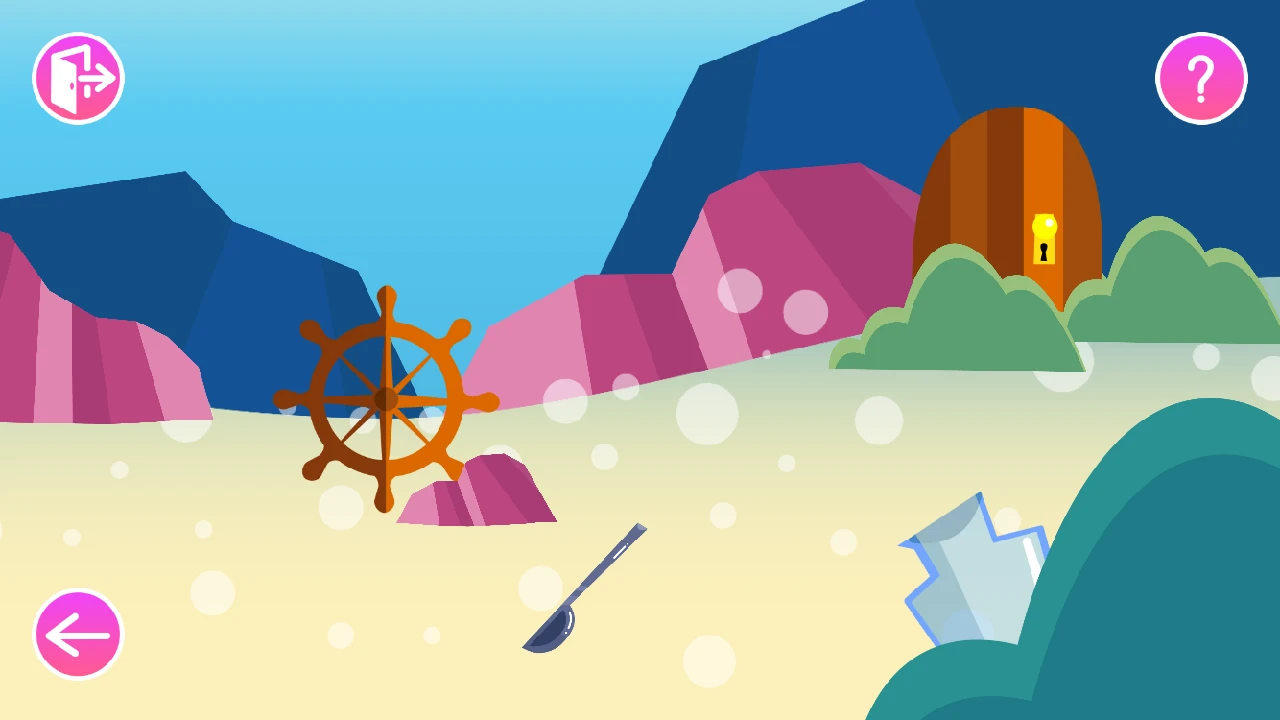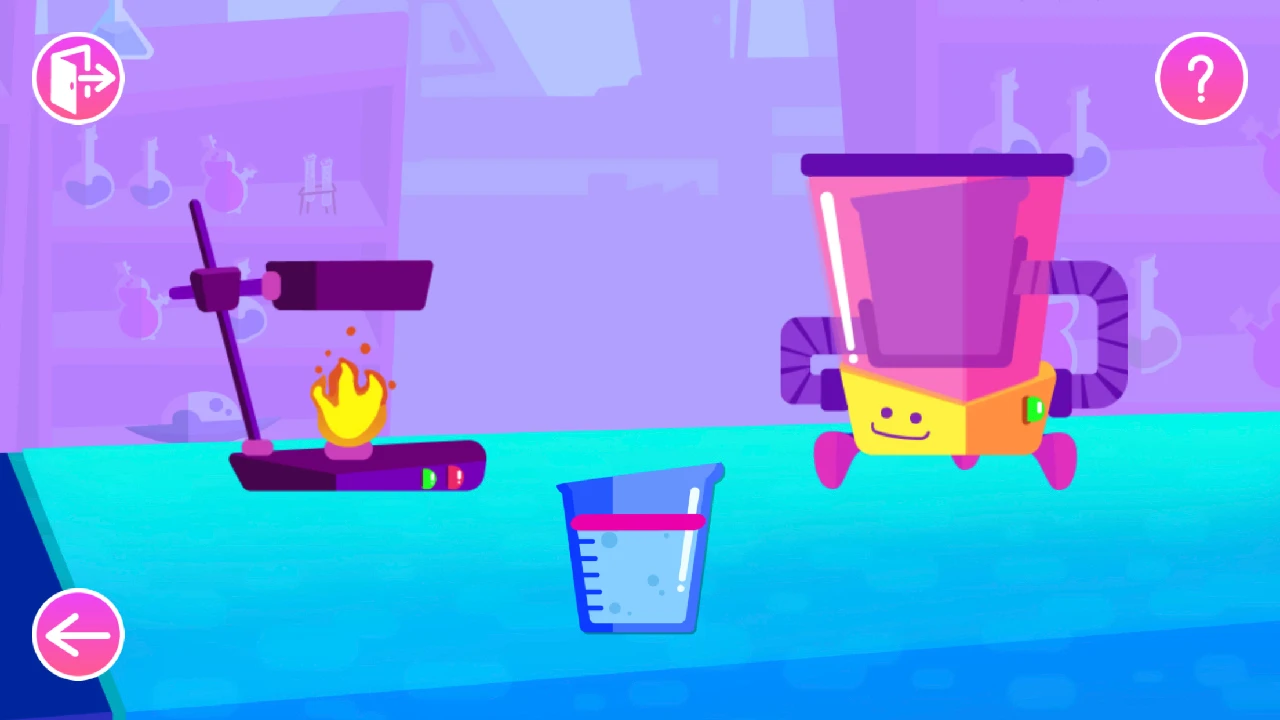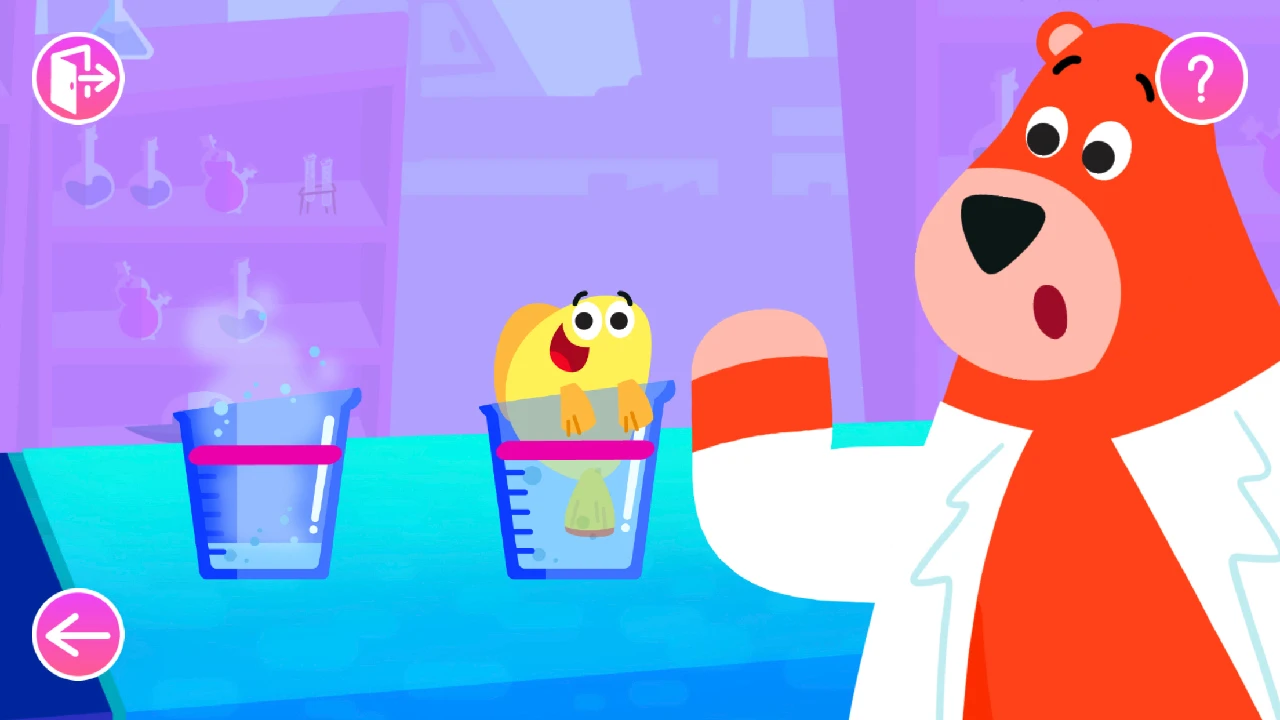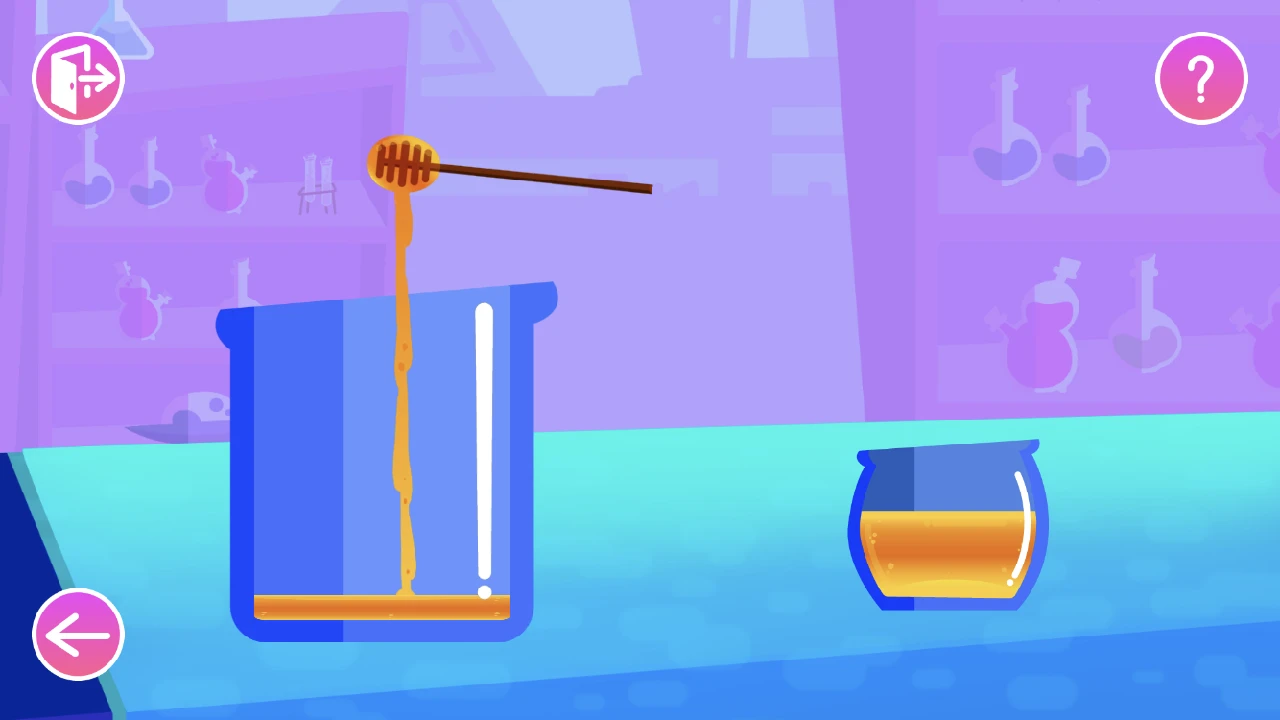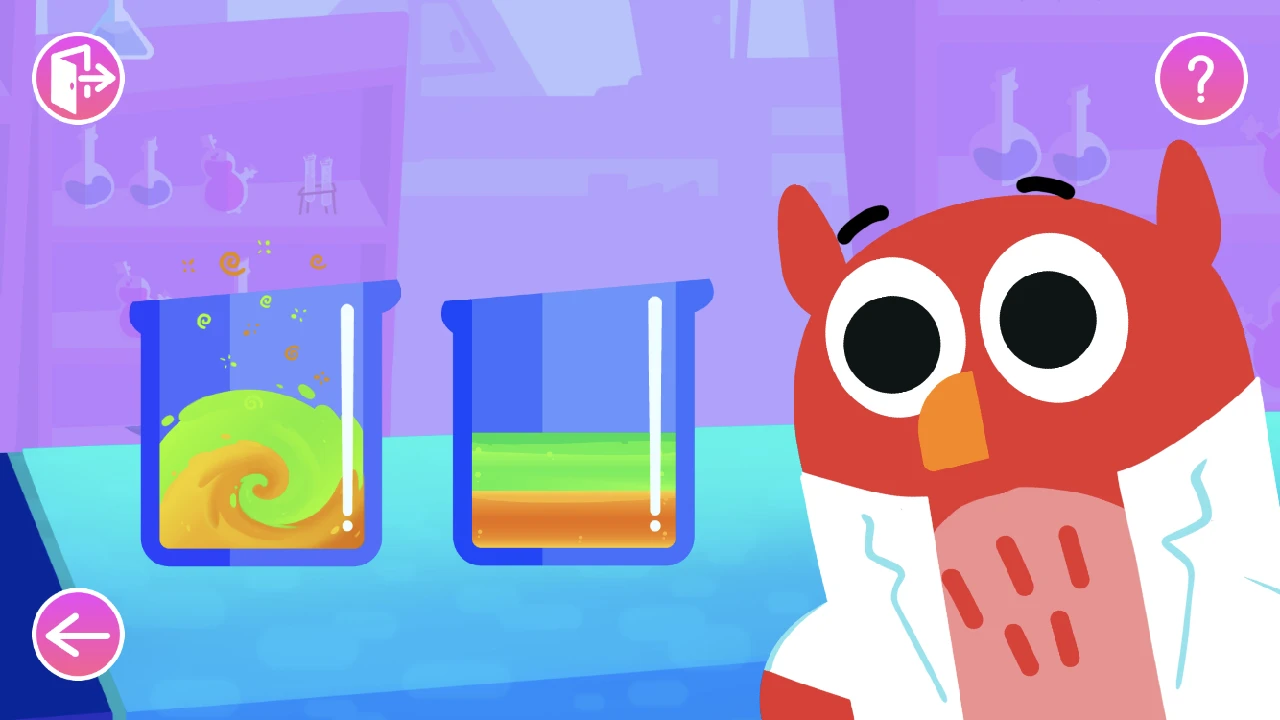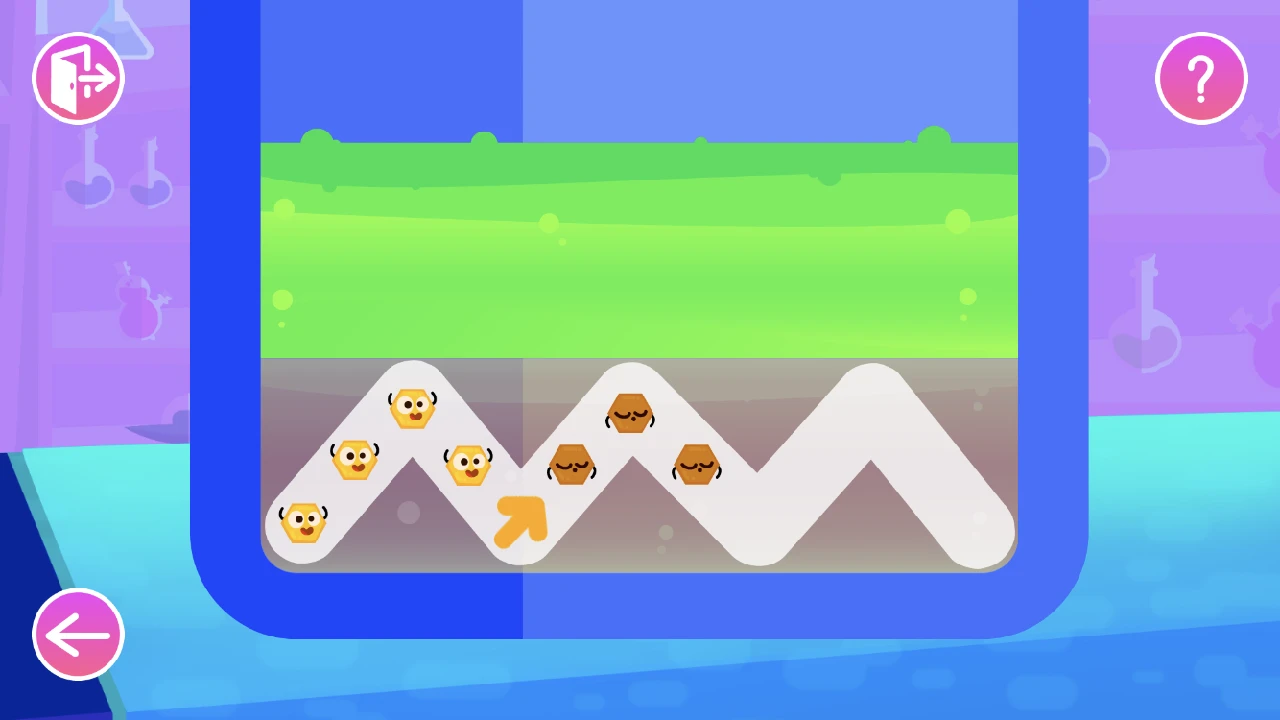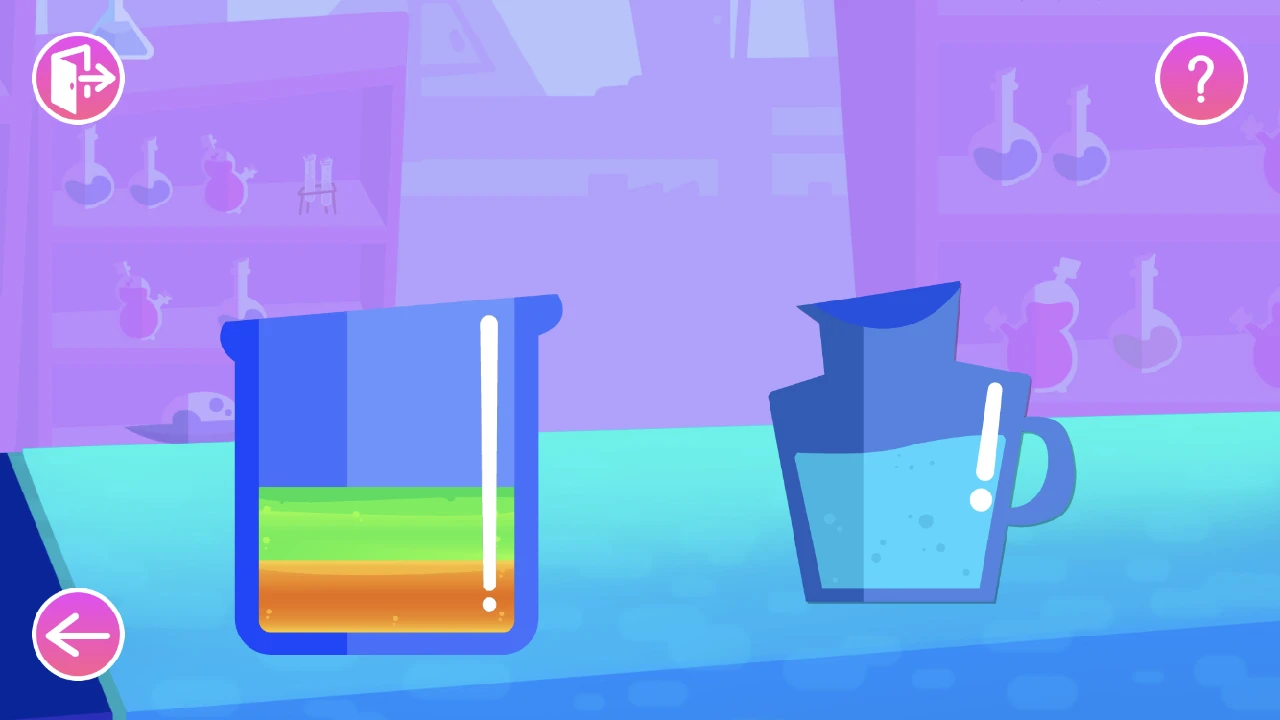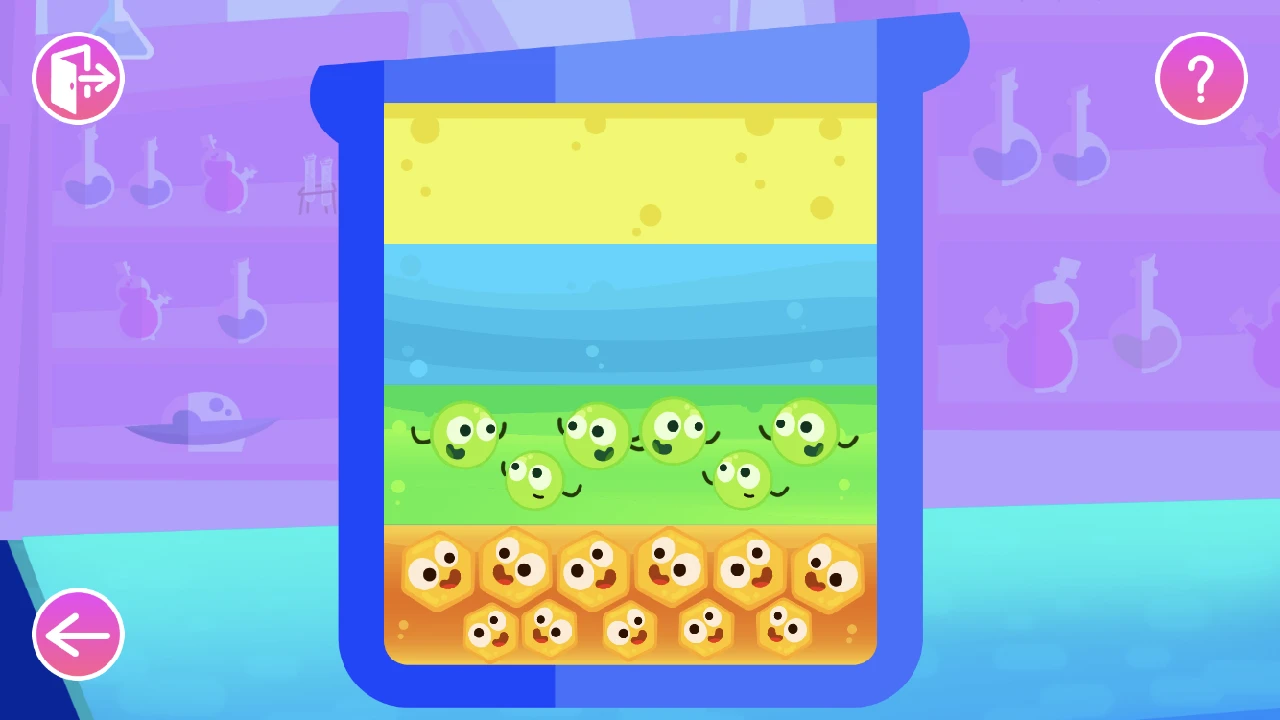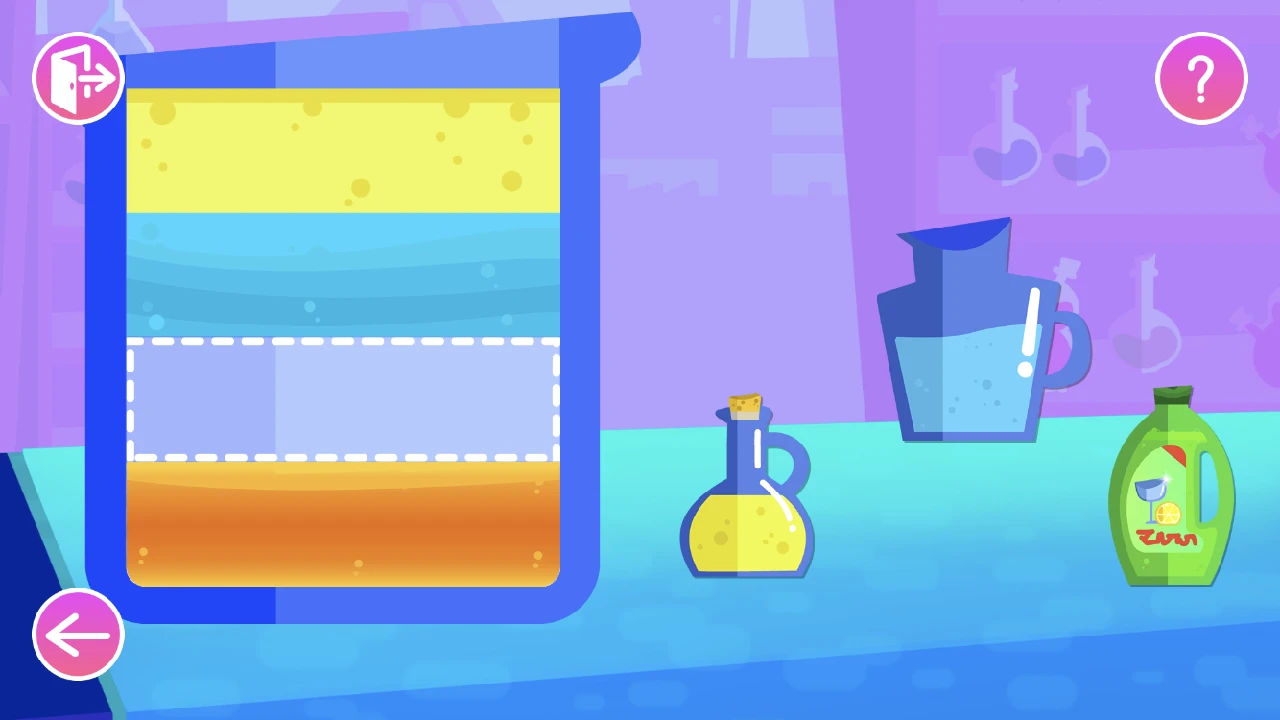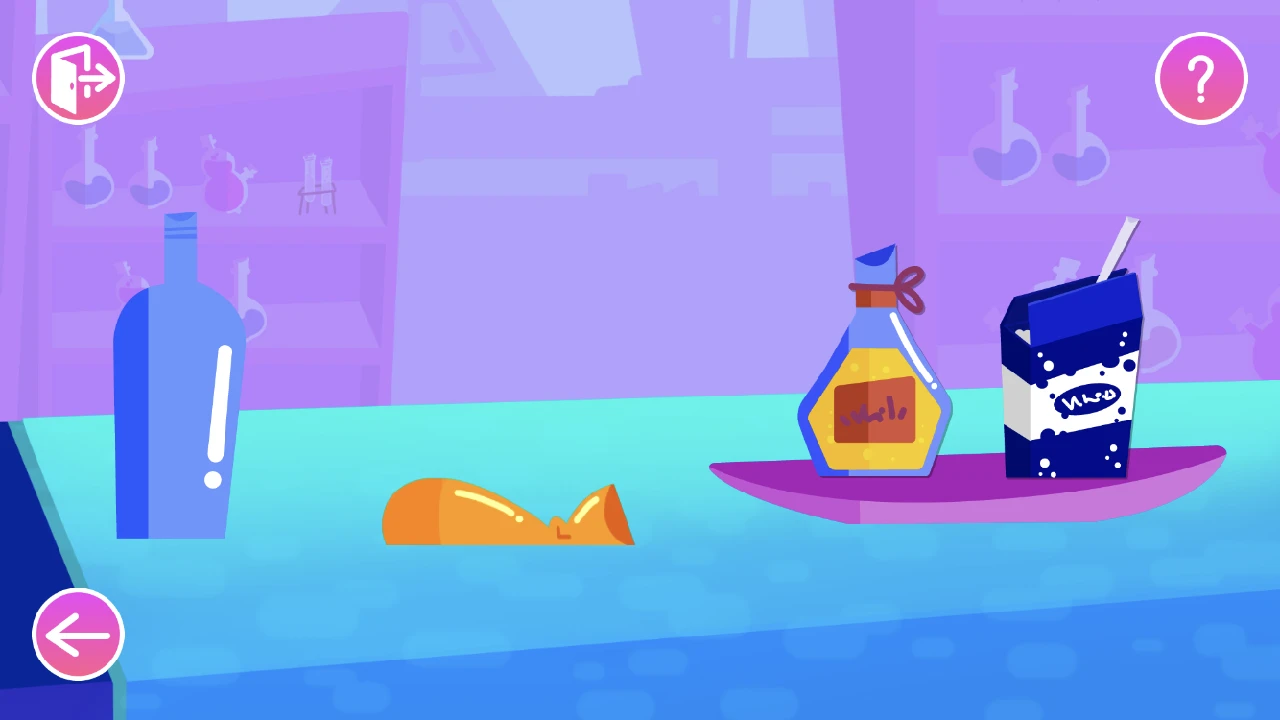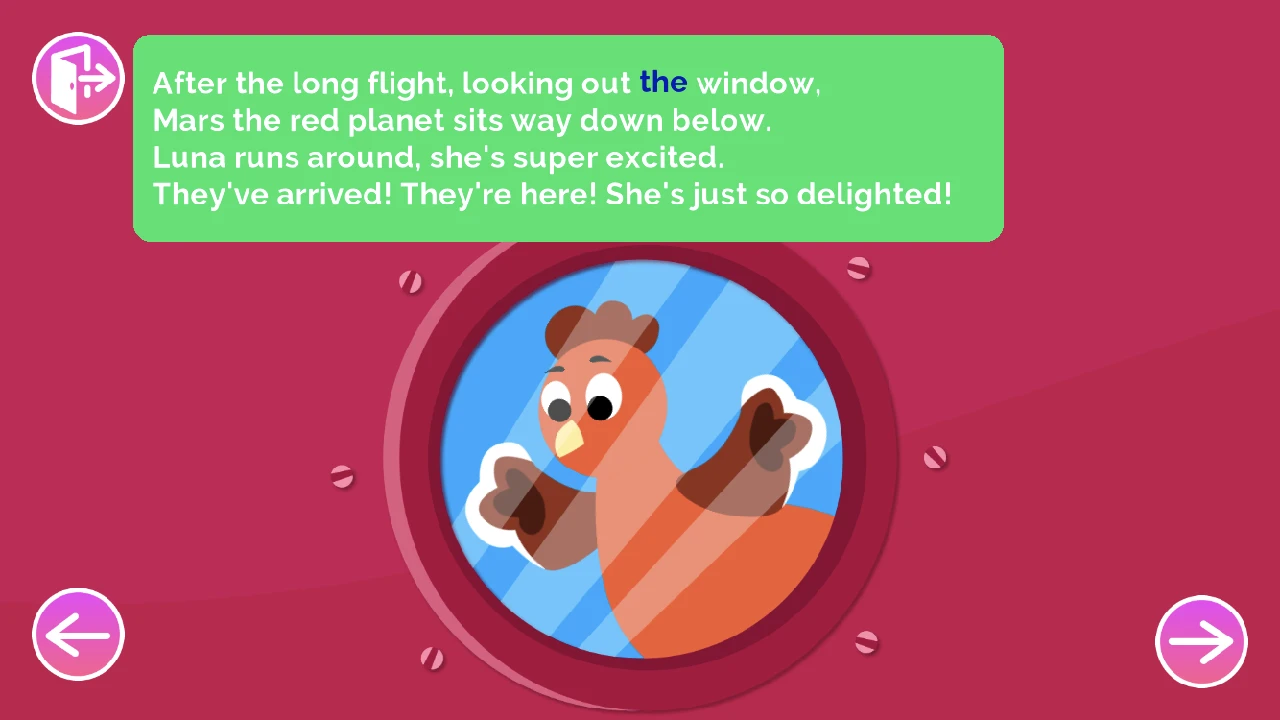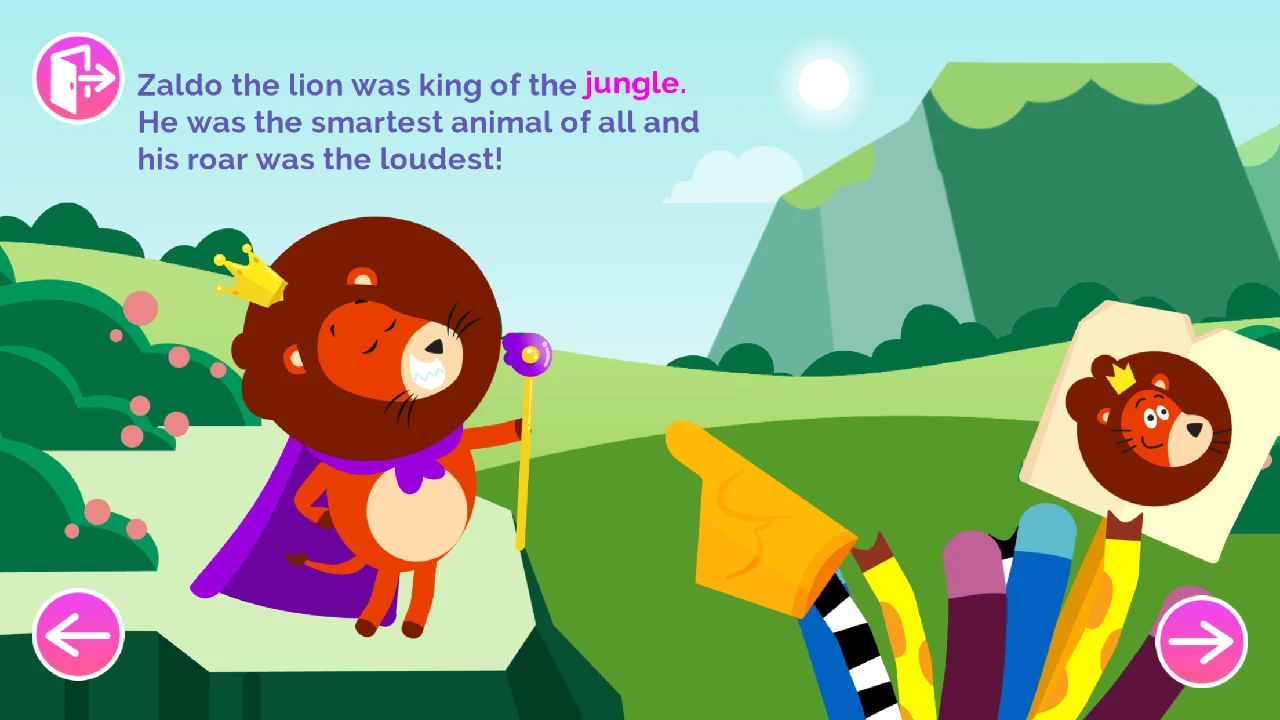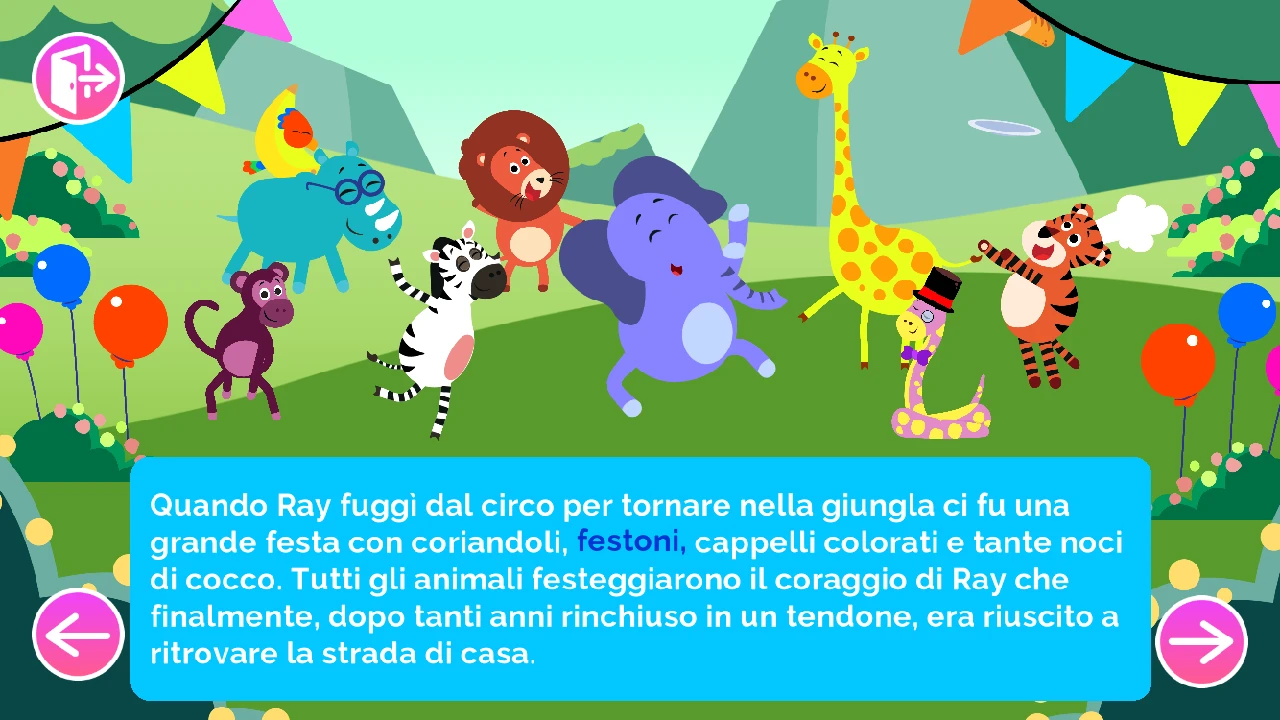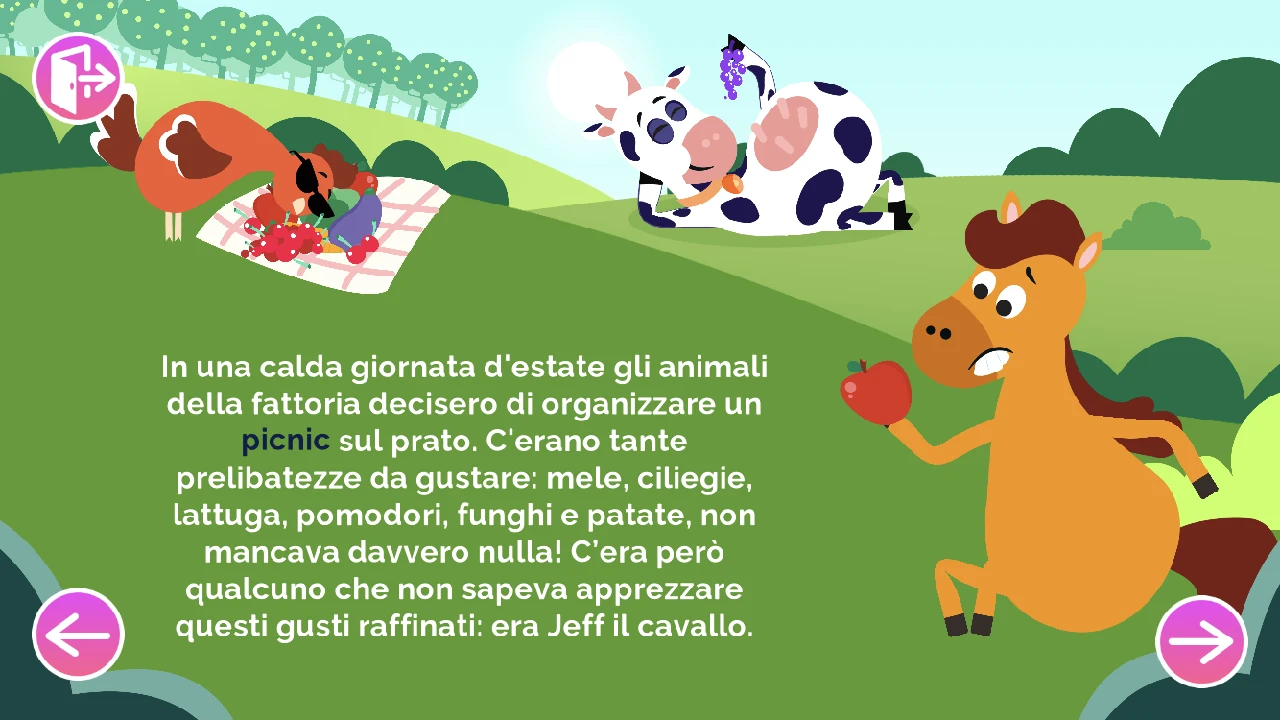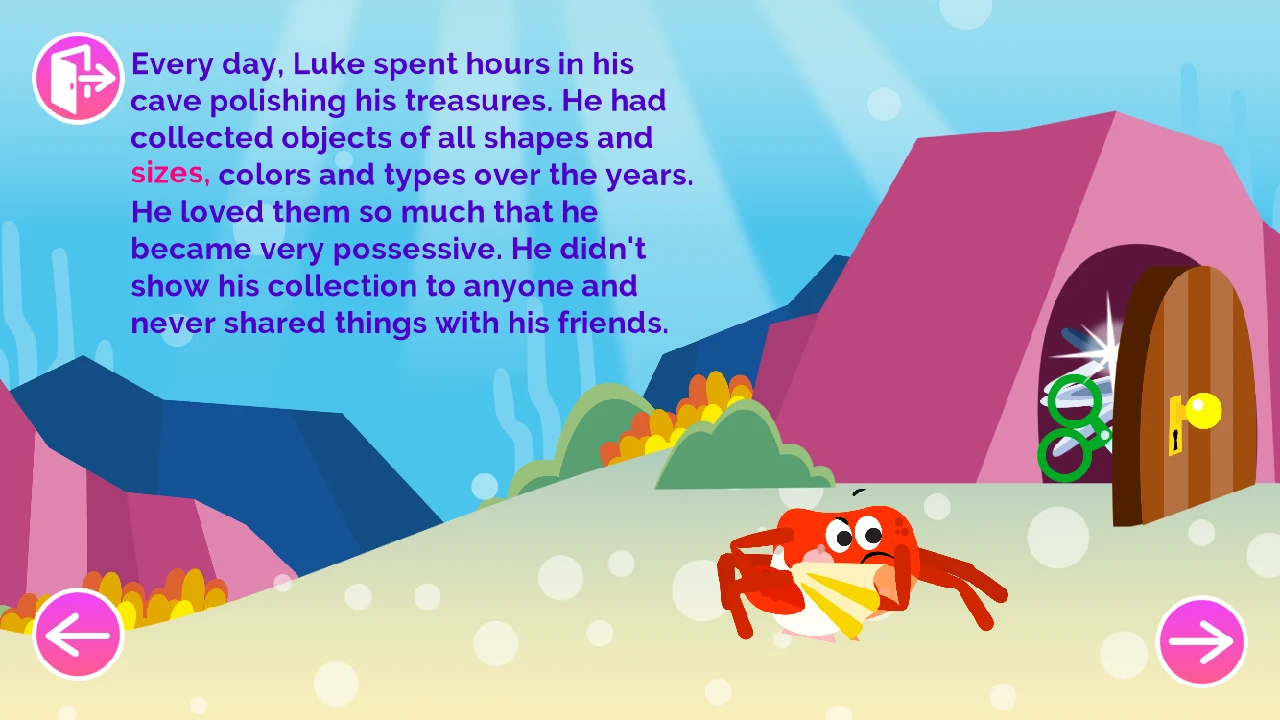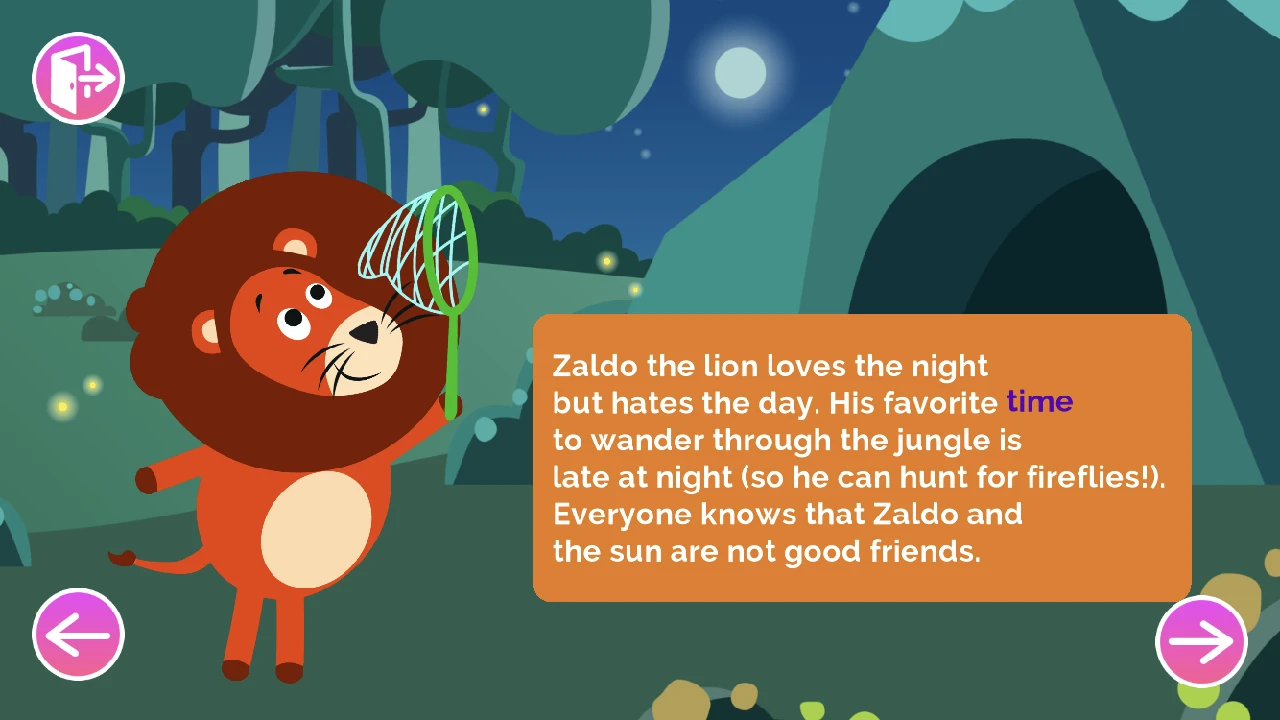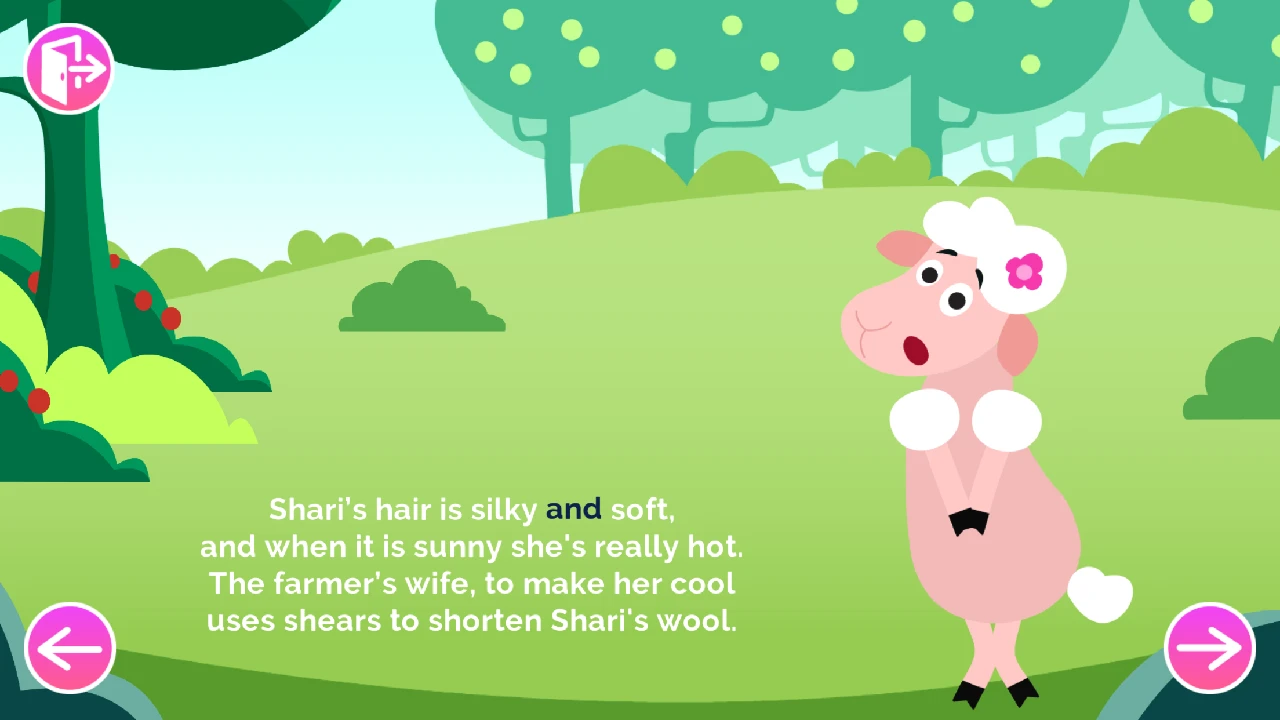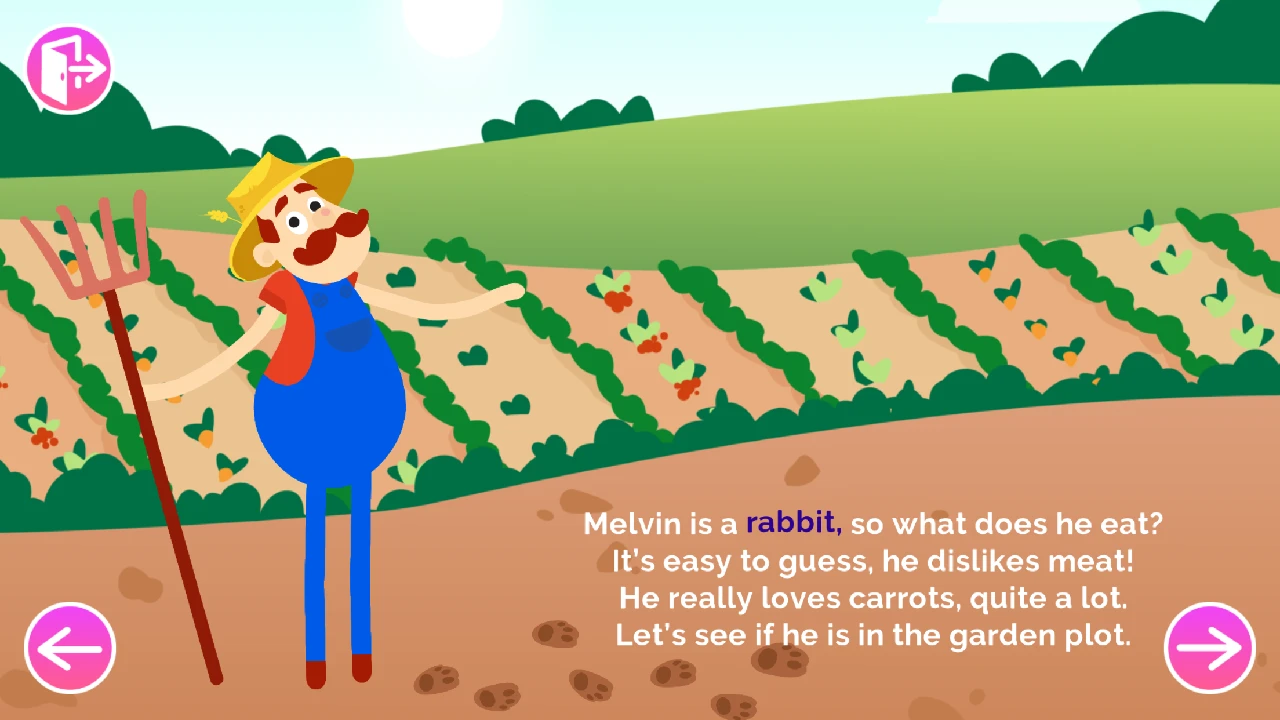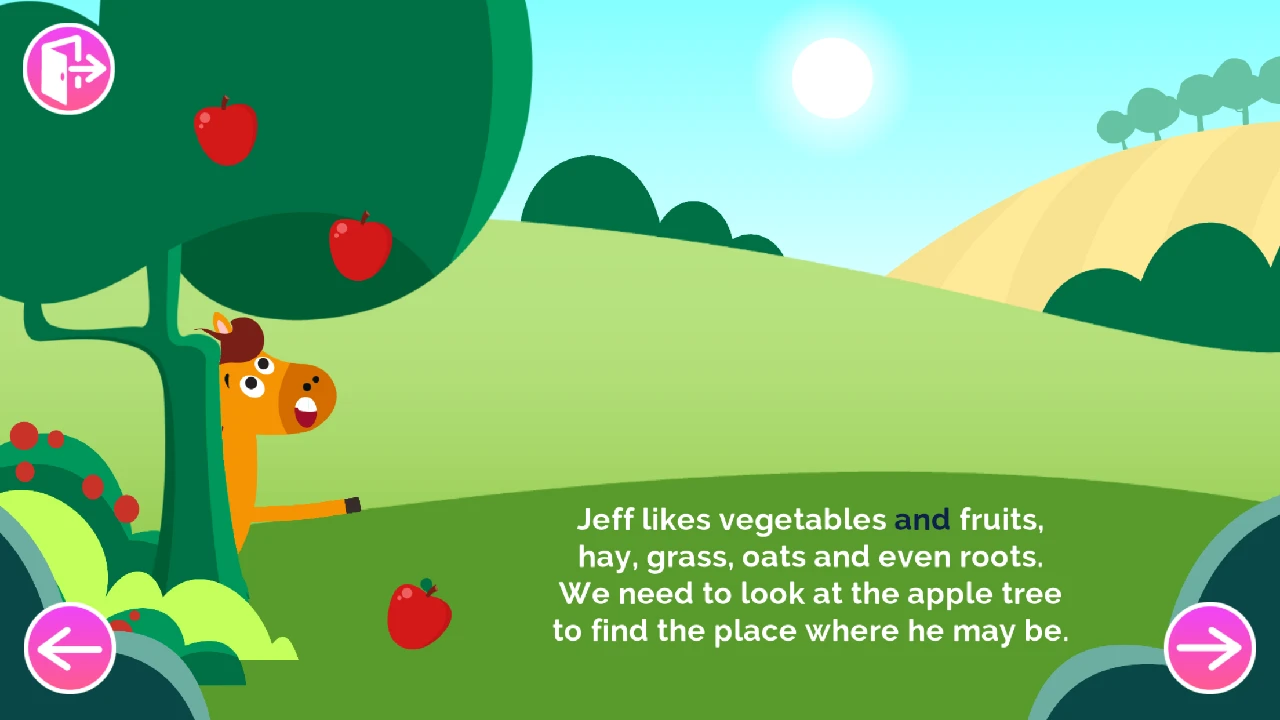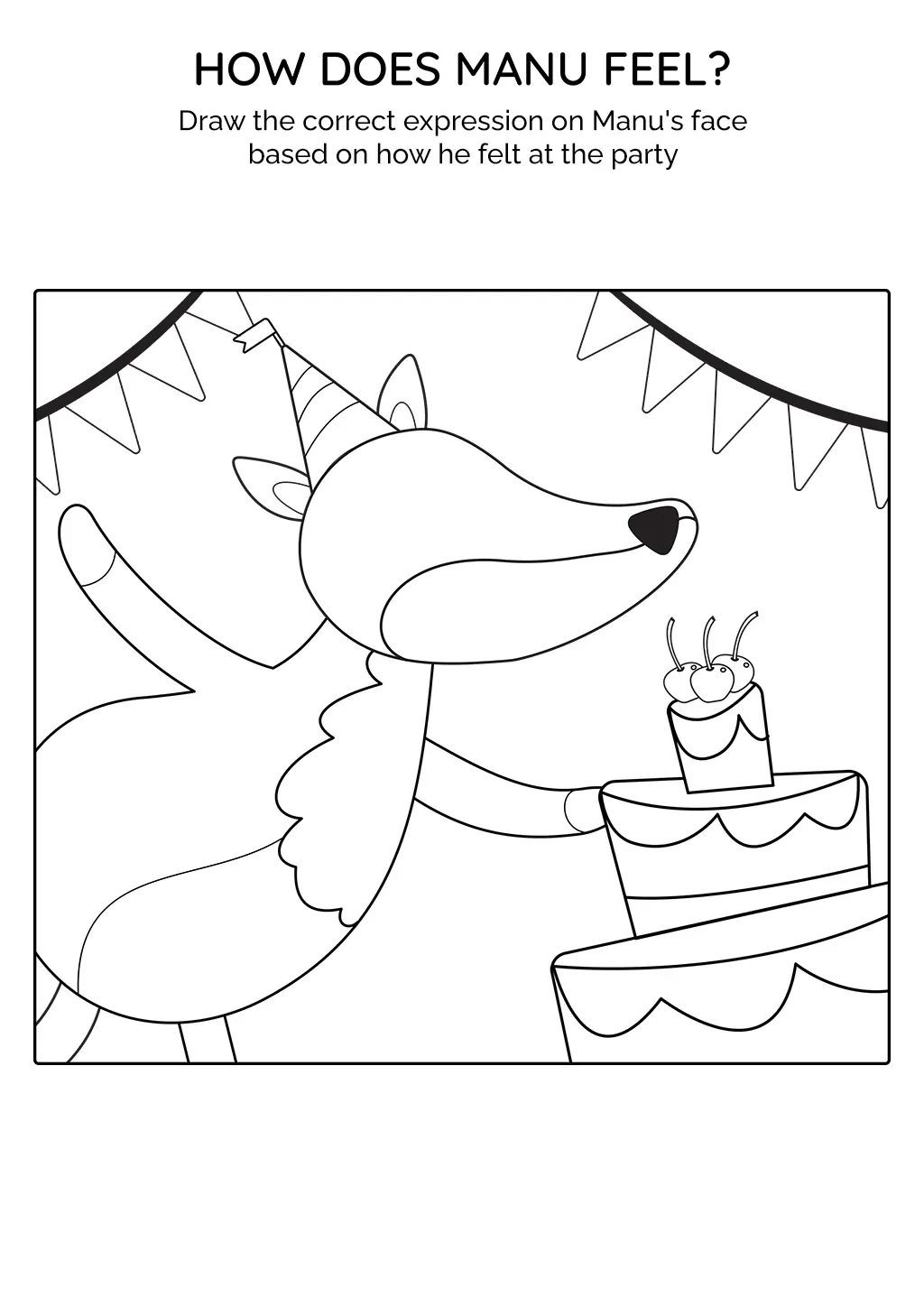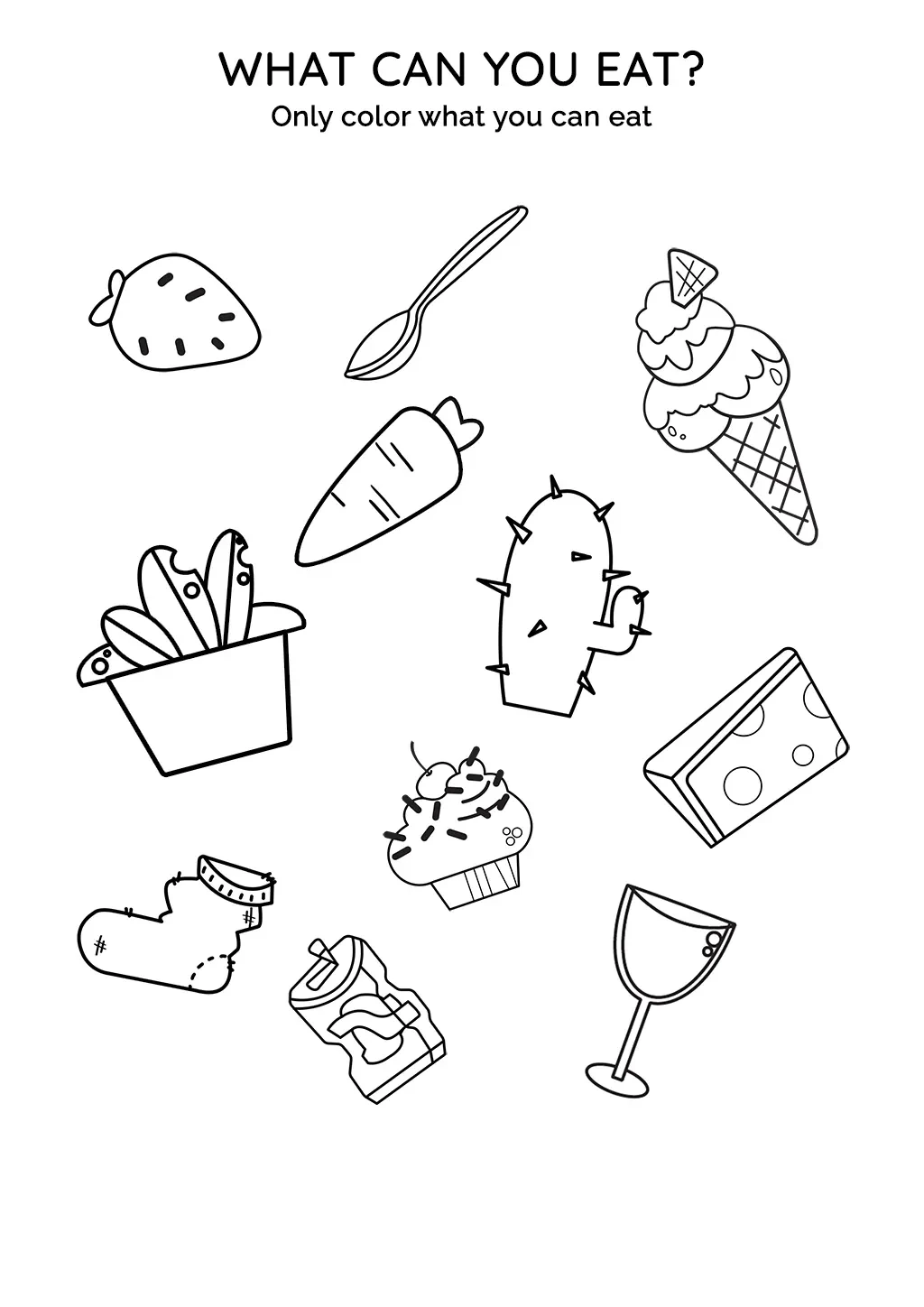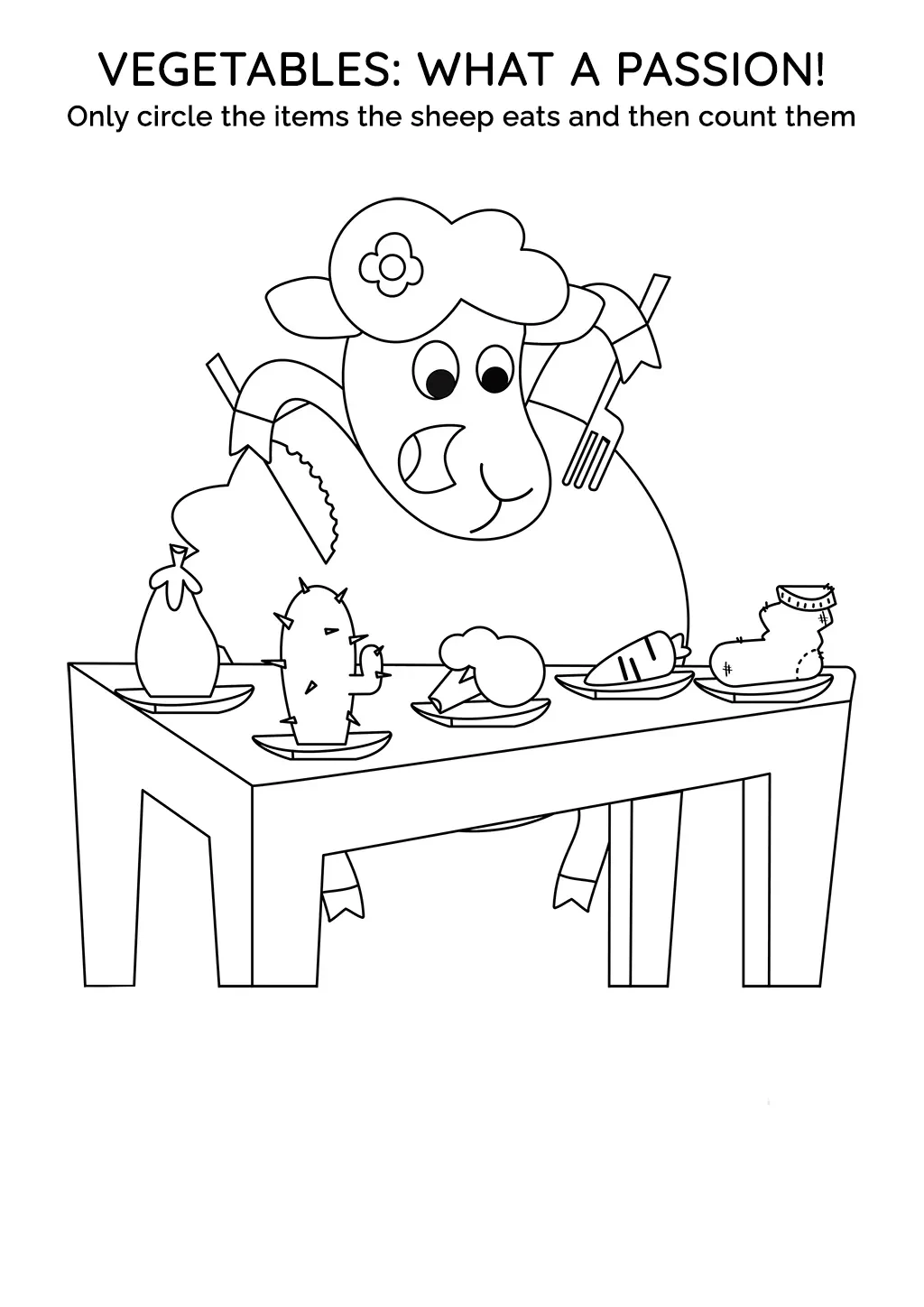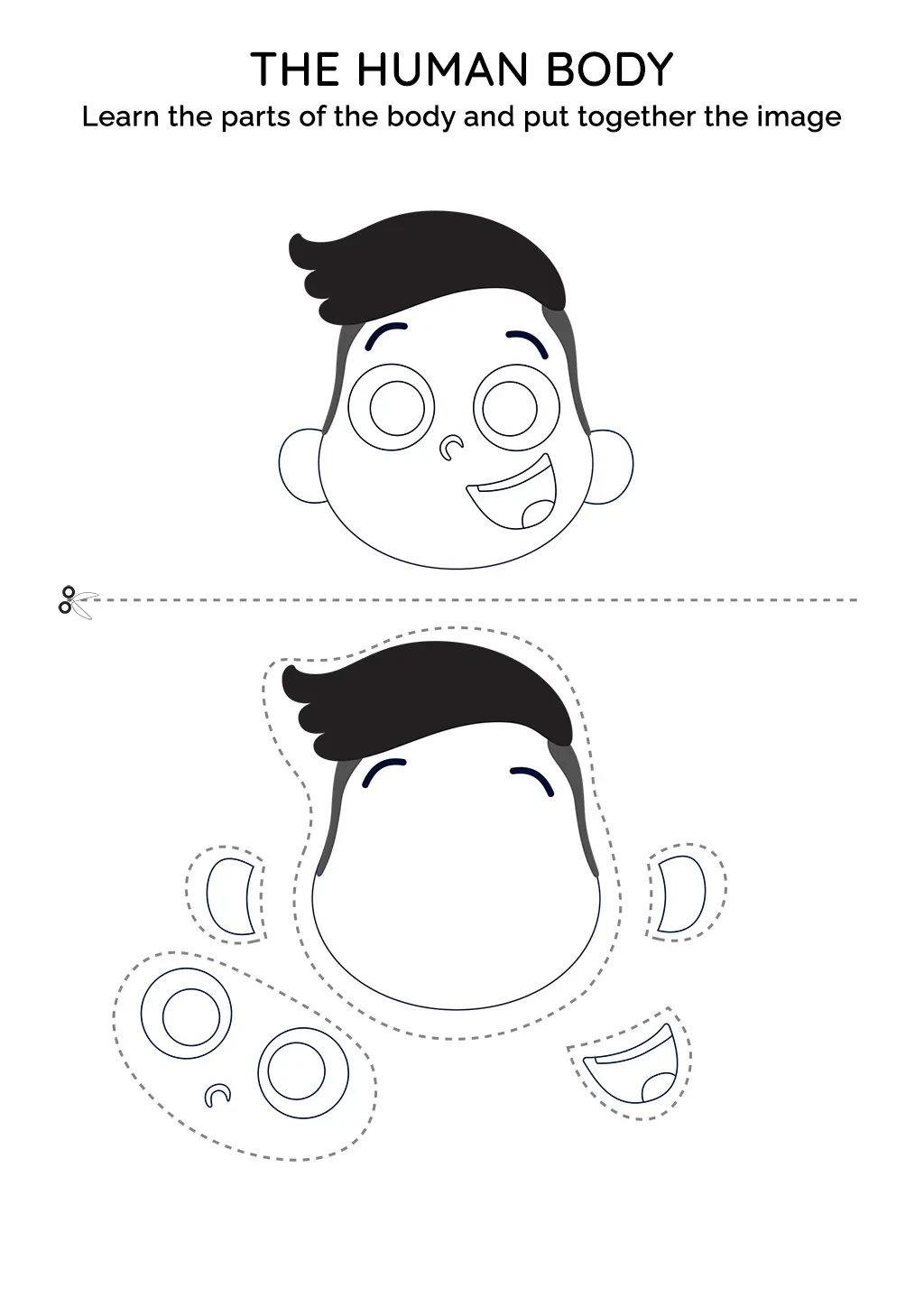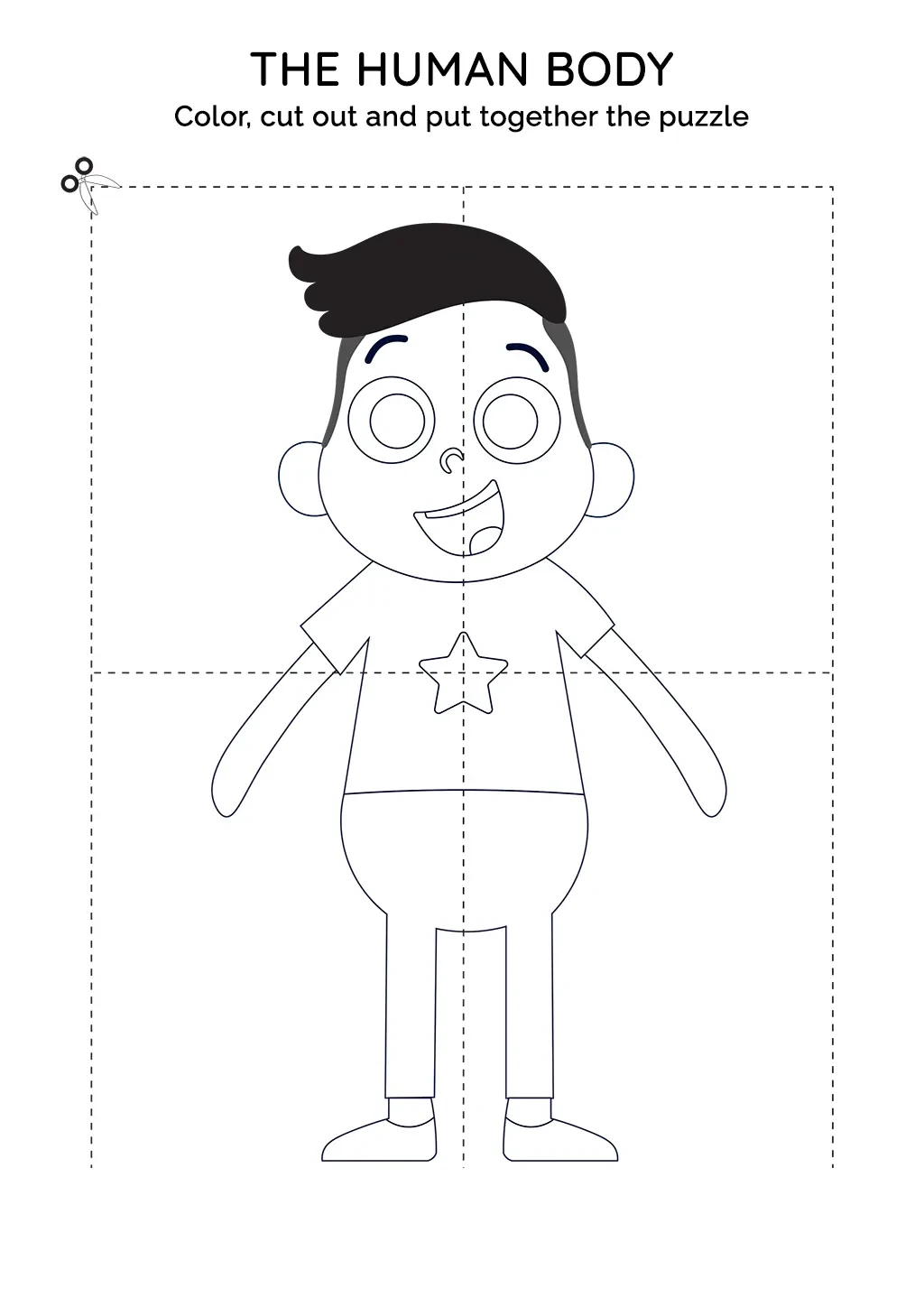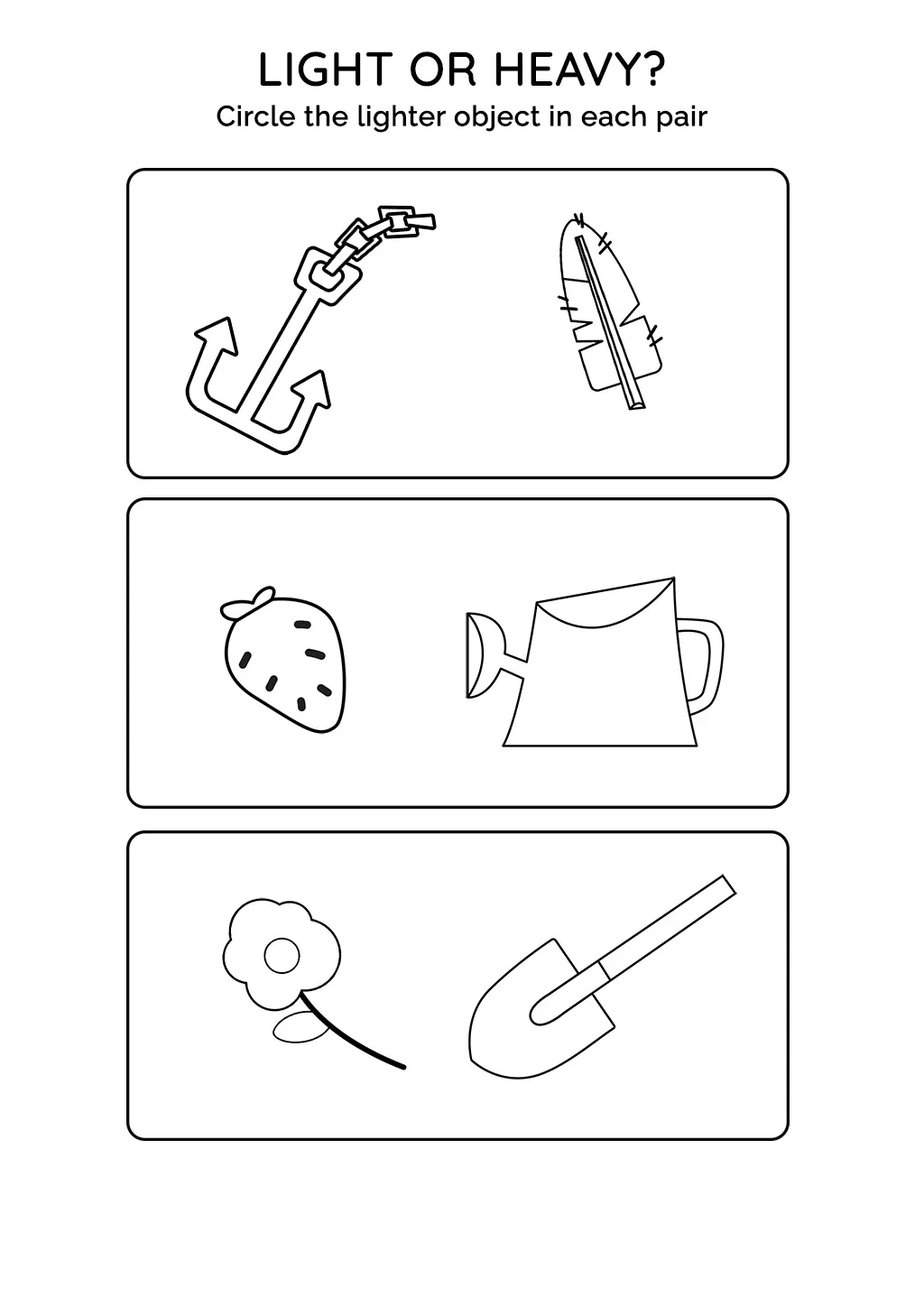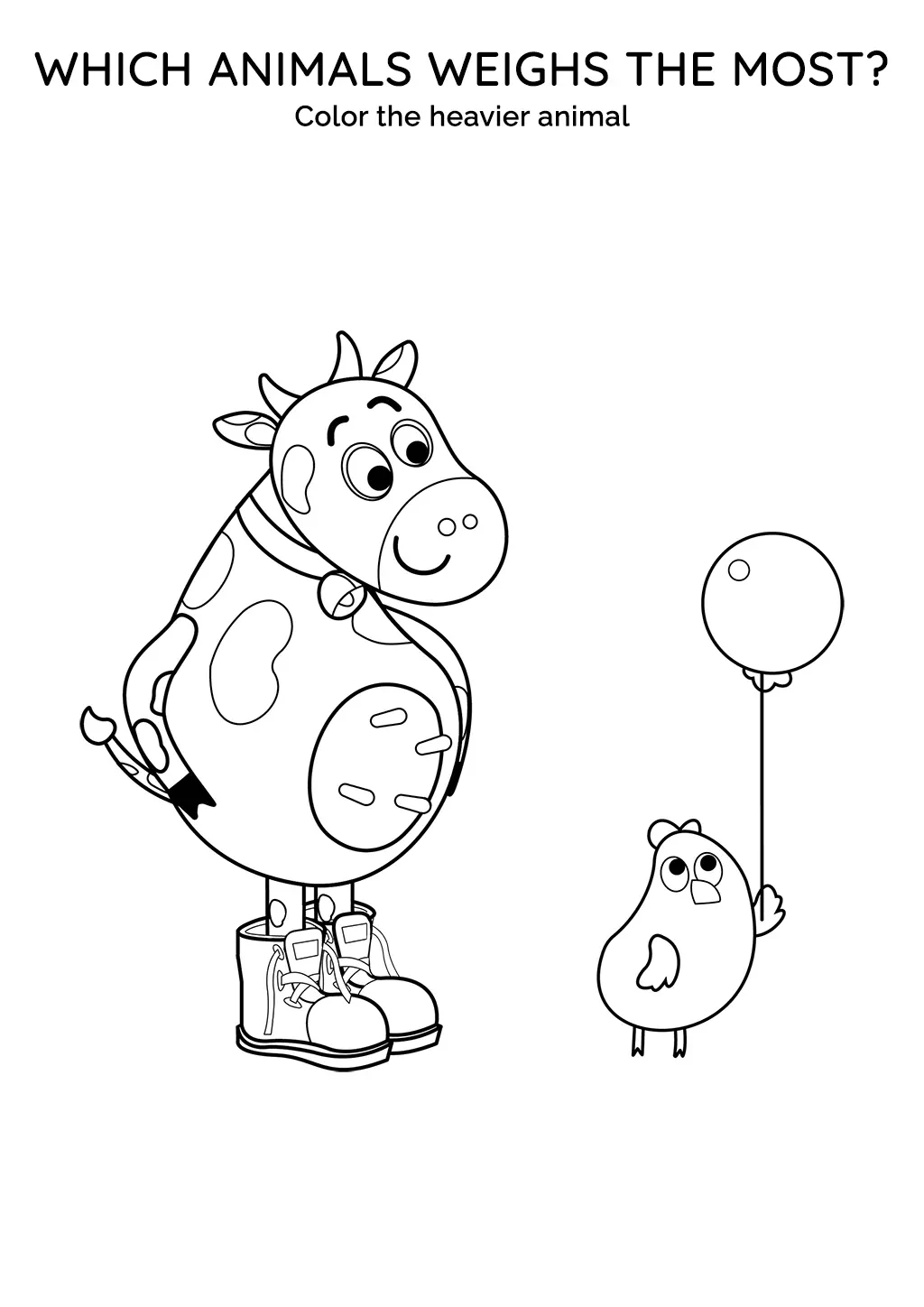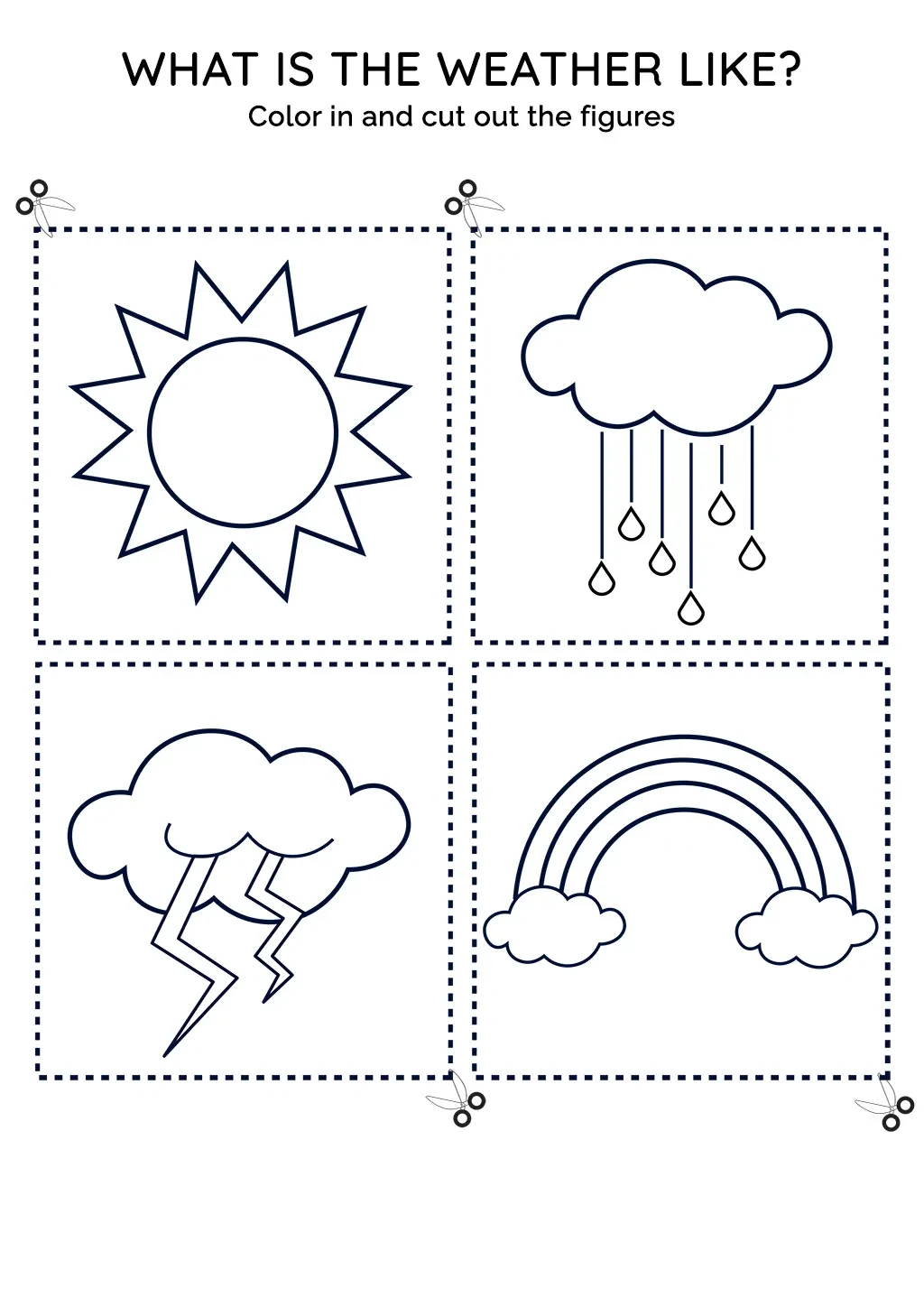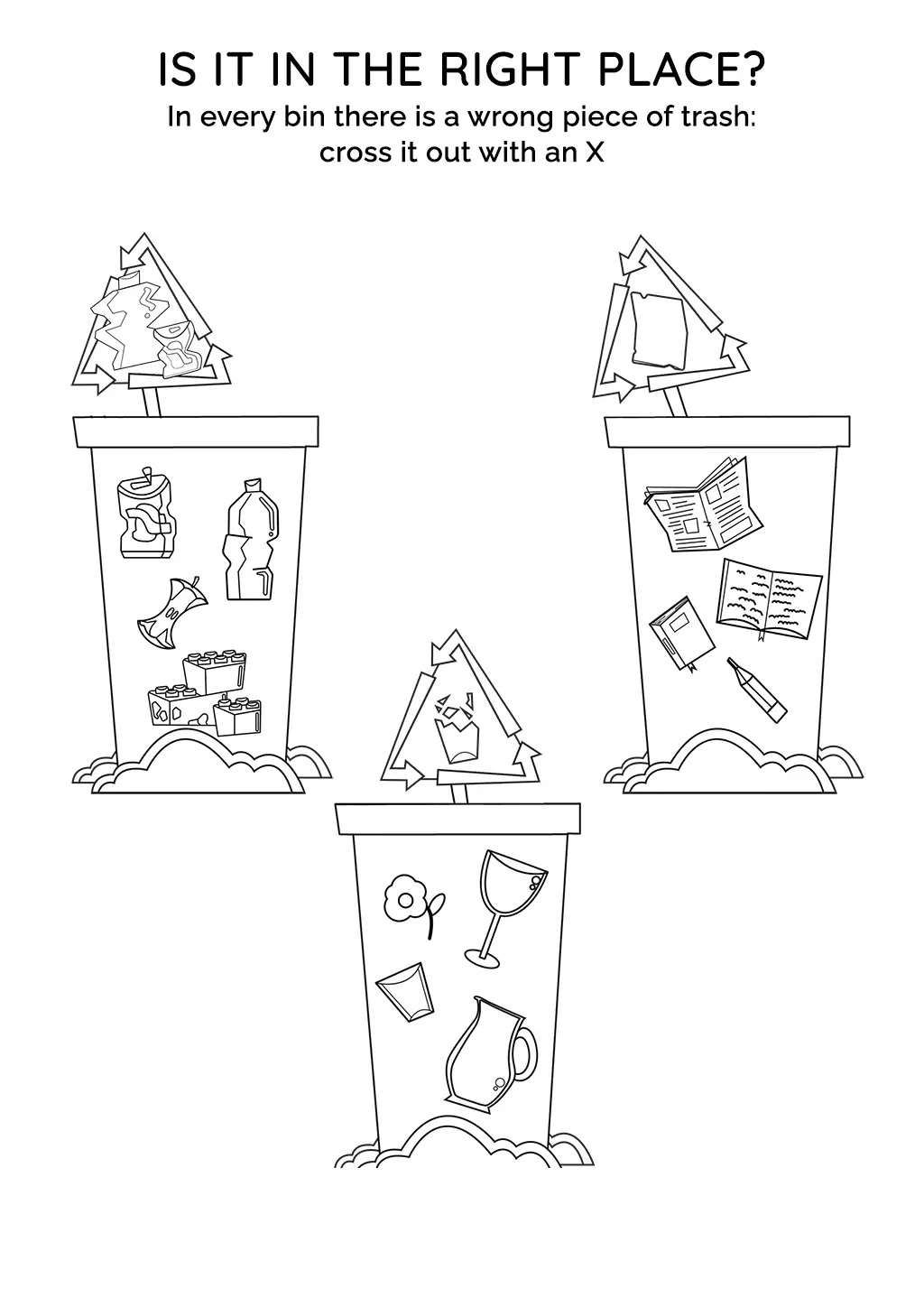From the food we eat to the air we breathe, chemistry is a fundamental part of our everyday lives. For children, understanding the basic concepts of chemistry not only broadens their knowledge but also sparks curiosity about the world around them. Making chemistry relatable and fun for children, especially those aged 3 to 6, can open a window of exploration and pave the way for scientific reasoning. Let’s delve into what chemistry for kids involves, and how engaging experiments can foster a love for this branch of science.
Chemistry is essentially the study of matter – its composition, properties, and the changes it undergoes. It involves elements and compounds composed of atoms, molecules, and ions. In simpler terms, it’s about the “stuff” that makes up our world and how that “stuff” changes under different conditions. When we talk about chemistry for kids, we aim to simplify these complex concepts into something that they can understand and relate to. It could be explaining how water turns into ice, why leaves change color, or how baking soda reacts with vinegar. Children aged 3 to 6 are naturally curious and love to explore, making this the perfect age to introduce simple chemistry concepts through practical experiments and engaging activities.
Introducing chemistry to young children doesn’t need a laboratory or complex equipment. Here are five practical tips to introduce chemistry in a way that’s engaging, safe, and fun.
Engaging children in the exciting world of chemistry can be a joyful journey for both parents and teachers. The Smart Tales app offers numerous stories, games, and educational worksheets, designed to make chemistry fun and accessible for kids aged 3 to 6. Through interactive elements and real-life applications, these resources help children explore and understand the concepts of chemistry in a meaningful way.
The Smart Tales app features a collection of stories that spark curiosity about chemistry among children. Join the characters of Smart Tales as they explore the fascinating world of chemistry!
Smart Tales introduces chemistry through exciting, interactive games, guiding children through various chemical reactions and processes. Whether it’s combining virtual elements to create new compounds or observing changes in states of matter, these games provide a hands-on approach to learning. Discover the fun of chemistry with Smart Tales games today!
The Smart Tales app provides a variety of educational worksheets on chemistry. These worksheets reinforce the concepts introduced in the stories and games, allowing children to apply their learning in a practical way.
In conclusion, introducing children to the world of chemistry can be an engaging and enriching experience. By using real-life examples, practical experiments, and interactive resources from the Smart Tales app, parents and teachers can foster a love for this scientific discipline. The combination of stories, games, and worksheets offers a comprehensive approach to learning, enabling children to explore, understand, and apply the principles of chemistry in an enjoyable and age-appropriate manner. Start this exciting journey into the world of chemistry with your child today!
